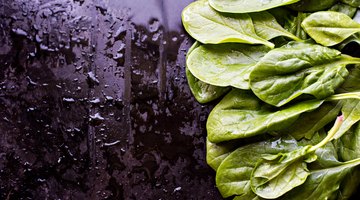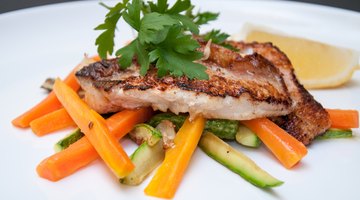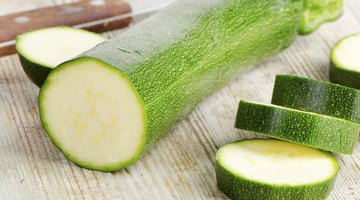Can You Eat Oysters When You Are Pregnant?
Pregnant women need to be especially attentive to healthy eating as they provide the nourishment for their baby's growth and development.
In addition to choosing nutritious foods, pregnant women should be aware of foods to avoid. Keeping up with the latest recommendations for seafood consumption can be especially challenging, since these foods are high in nutrition content but also potential sources of food-borne contaminants.
Microbial Contamination
Oysters may carry a naturally-occurring type of bacteria called Vibrio vulnificus, which often produces no symptoms but can lead to severe illness in some individuals. Oysters from the Gulf of Mexico are more likely to harbor this bacteria.
In addition, oysters can carry a variety of other viruses because they are filter feeders and accumulate contaminants from the local environment.
These bacteria and viruses are killed by heating. Raw oysters should be avoided during pregnancy, but fully cooked oysters are safe to eat.
Symptoms
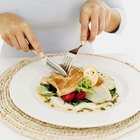
What Seafood Can You Eat When Pregnant?
Learn More
Symptoms of food poisoning from raw oysters will appear within five days of eating the contaminated food and often much sooner.
They may include fever, chills, diarrhea, confusion, weakness, red spots on the skin or red or clear blisters. Call your health care provider if you experience any of these symptoms.
Mercury
Experts recommend that pregnant women and women seeking to become pregnant limit the amount and types of fish they eat because some contain high levels of mercury, which can cause damage to the developing nervous system of a fetus. According to the American Pregnancy Association, oysters fall into the lowest category of mercury content. Pregnant women can enjoy up to two 6-oz servings per week of fish and shellfish from this category, which also includes salmon, sole, scallops, shrimp, haddock and tilapia.
Nutrition
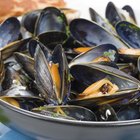
Can I Eat Mussels While Pregnant?
Learn More
Oysters are high in essential omega-3 fatty acids, iron and B vitamins.
They are one of the best food sources of zinc and selenium and provide an excellent source of lean protein. For these reasons, cooked oysters in moderation can be a safe and nutritious part of a pregnant woman's diet.
Alternatives
Omega-3 fatty acids are also found in flaxseed and fortified cereals. Foods high in zinc include pumpkin seeds, sesame flour, tahini, wheat germ and peanuts.
Many of the health benefits of oysters can be obtained from a prenatal vitamin supplement and a fish oil supplement. Discuss these possibilities with your health care provider.


